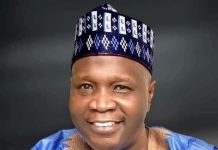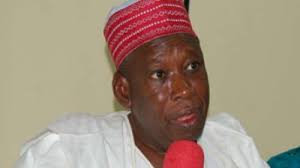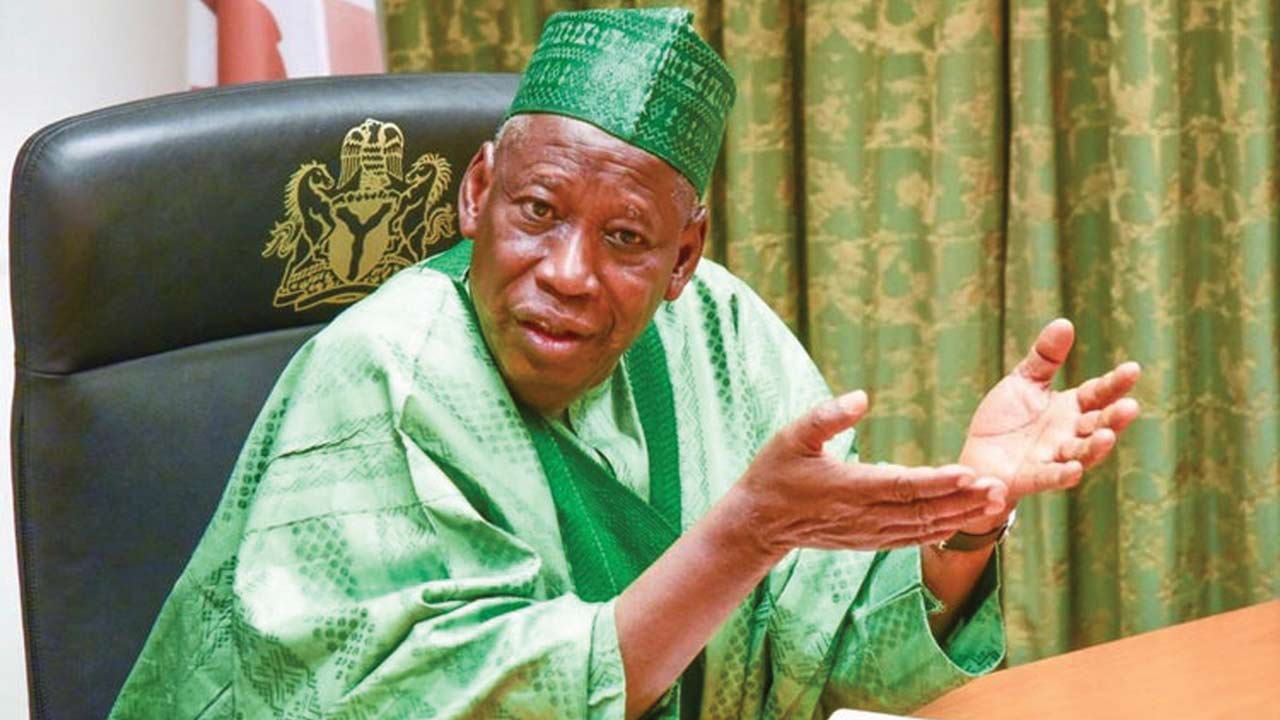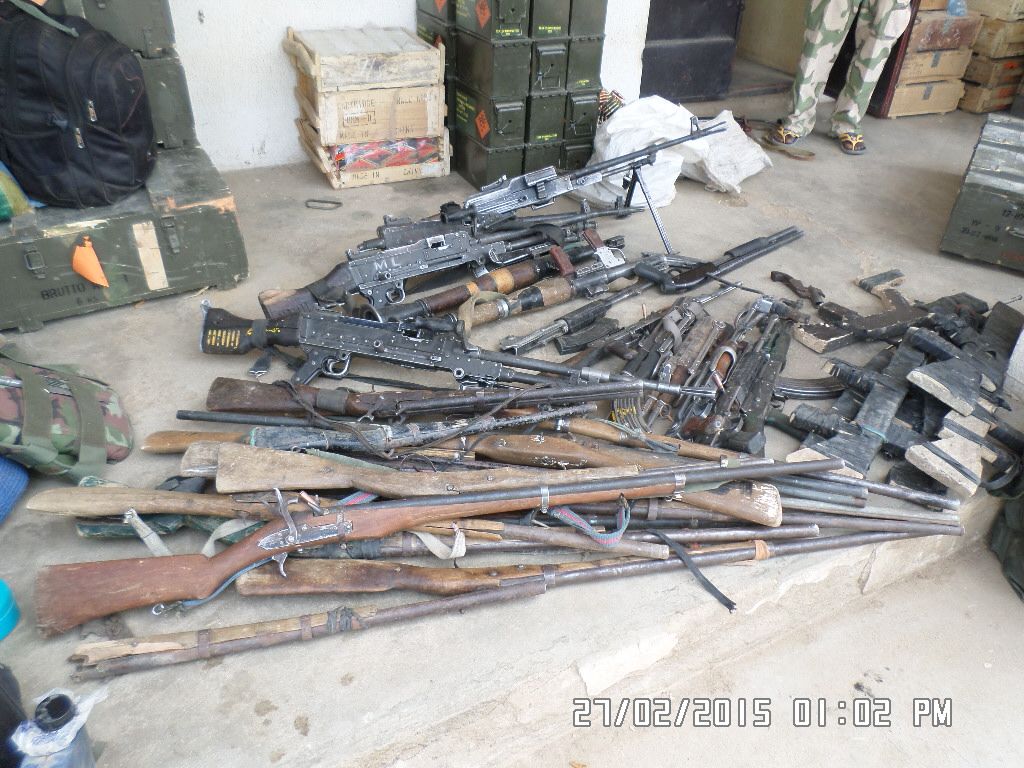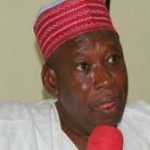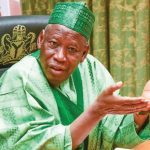By Nuel Suji – The Governor of Central Bank of Nigeria (CBN) ,Godwin Emefiele on Tuesday assured that Nigeria will be out of Recession by the second quarter of this year even as he revealed that the country reserve is now $31 billion.
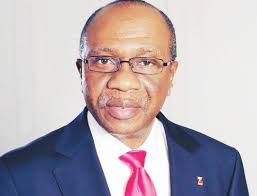

Mr. Emefiele made this known after a closed-door meeting with Senate President, Bukola Saraki in National Assembly, assuring further that the country has enough dollars to meet up with Foreign exchange demands .
He explained that with the Foreign Reserve of $31 billion, the CBN has the capacity to defend Nigeria’s currency.
The CBN governor also said that the apex bank is capable of meeting up with FOREX demands of importers of Raw materials, payment of school and small business owners.
“I think it’s an opportunity for me to say that we are going to continue this intervention because the reserve looks very good, as I speak to you our reserve stands at above N31 billion and that provides us enough of firepower or ammunition to be able to defend the currency and we will do so with all intensity to ensure that foreign exchange is procured by everybody.
“You want to import raw materials, you will get foreign exchange, you want to import plant and equipment you will get foreign exchange, you want to pay school fees or you are a small business that want to buy foreign exchange for you to import your small items you will procure foreign exchange.
“And indeed, we have started to see a downward trend even in prices and you have also must observe that inflation is also trending downward. We are very much optimistic that by the end of the second quarter very latest third quarter we should be out of recession that we are in right now.
“I think what is important is that last week we brought out an announcement which is meant to encourage our foreign investor community to get involved as well in the foreign exchange market.
“It is the market or window that is opened for them to inflow their foreign exchange and come into the market on what we called a willing buyer, willing seller basis in which case there will be no form of any price intervention by anybody and indeed even including the Central Bank. ”
Speaking at the end of the meeting in company of the CBN governor, the chairman, Senate Committee on Banking and Financial institutions, Senator Rafiu Ibrahim explained that the leadership of the Senate resolved to invite the CBN governor in order to enable lawmakers to know what to do to through legislation to attract direct Foreign investment.
He expressed satisfaction with performance of the Central Bank on the issue of Foreign exchange.
The chairman said, “As usual the leadership of the Senate is always engaging the most important sectors of our economy. So, we had a discussion with the Senate President and the Governor and they were briefed just like he has given you an overview of the briefing.
“We have proffer more solutions which will result in more other policy direction very soon because the major reason is for us to attract foreign direct investment so that the watchers that is the reserve he has in charge of the monetary aspect of the economy will be intact and the intervention will be sustainable.
” So, we are happy with what they are doing and we gave been able to proffer more solutions as usual and more suggestions because we are not to proffer the solution and we are hopeful that by the grace of God we will be able to sustain working together.”
It could be recalled that in August 2016, Nigeria Bureau of Statistics released figures which indicated that Nigerian economy is in recession.
The statistics bureau said the second quarter 2016 Gross Domestic Product (GDP) declined by -2.06 per cent.
Annual inflation rose to 17.1 percent in July from 16.5 percent in June, and food inflation rose to 15.8 percent from 15.3.
“The pace of the increase in the headline index was however weighed upon by a slower increase in three divisions, namely health, transport, and recreation and culture divisions,” the NBS said.
The statistics agency said the onset of the harvest season was yet to significantly impact on food prices, with food sub-index rising by 15.8 per cent (year-on-year basis) in July, about 0.5 per cent points lower from rates recorded the previous month.

